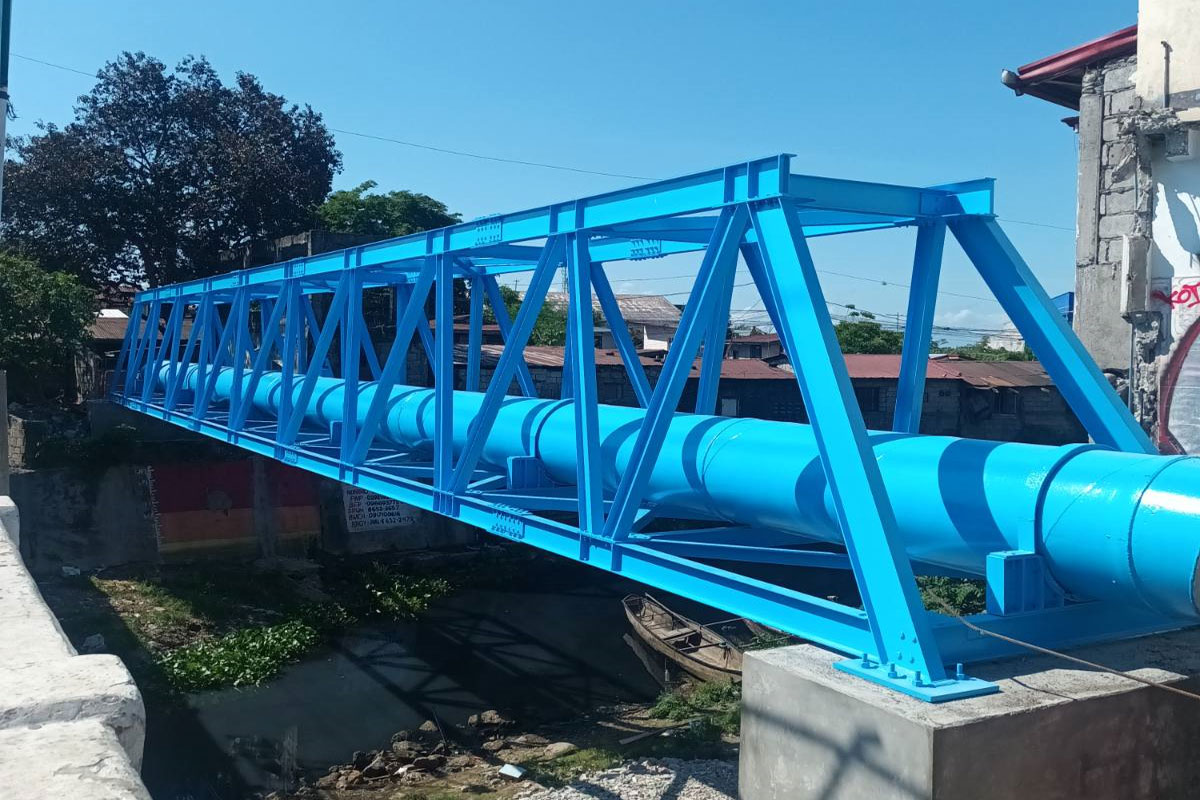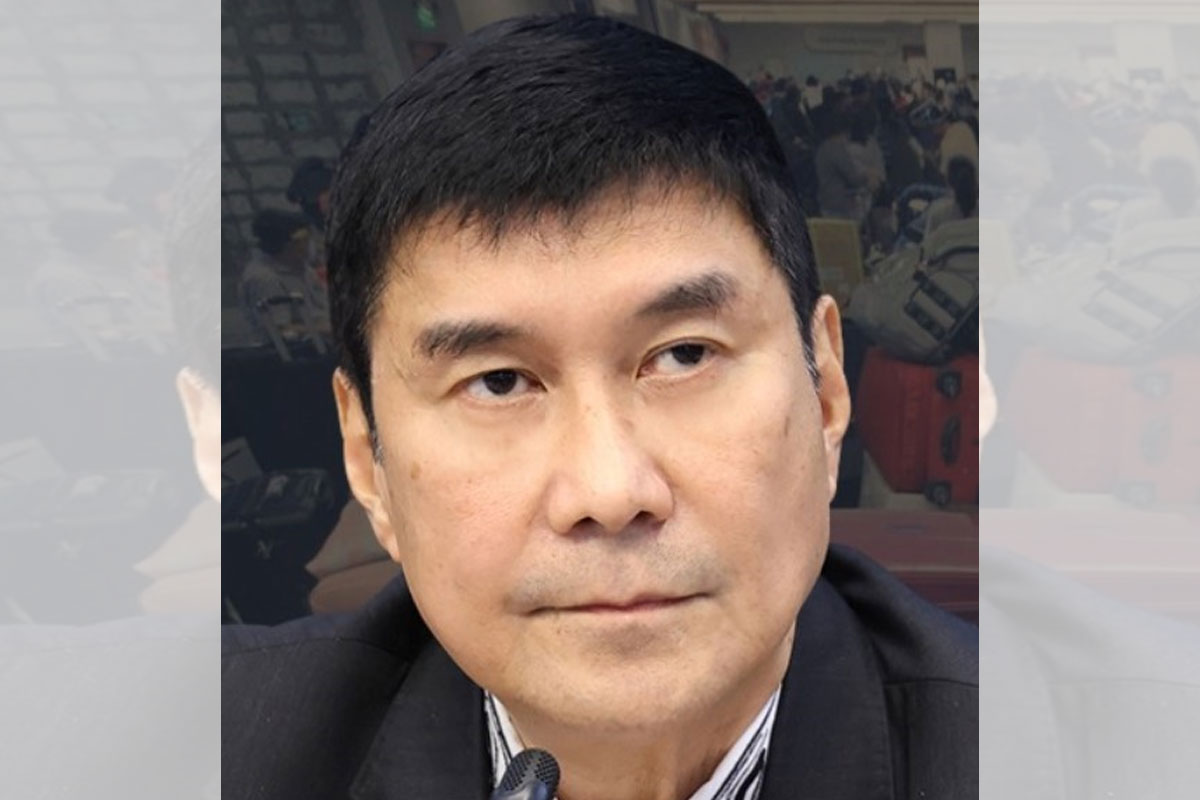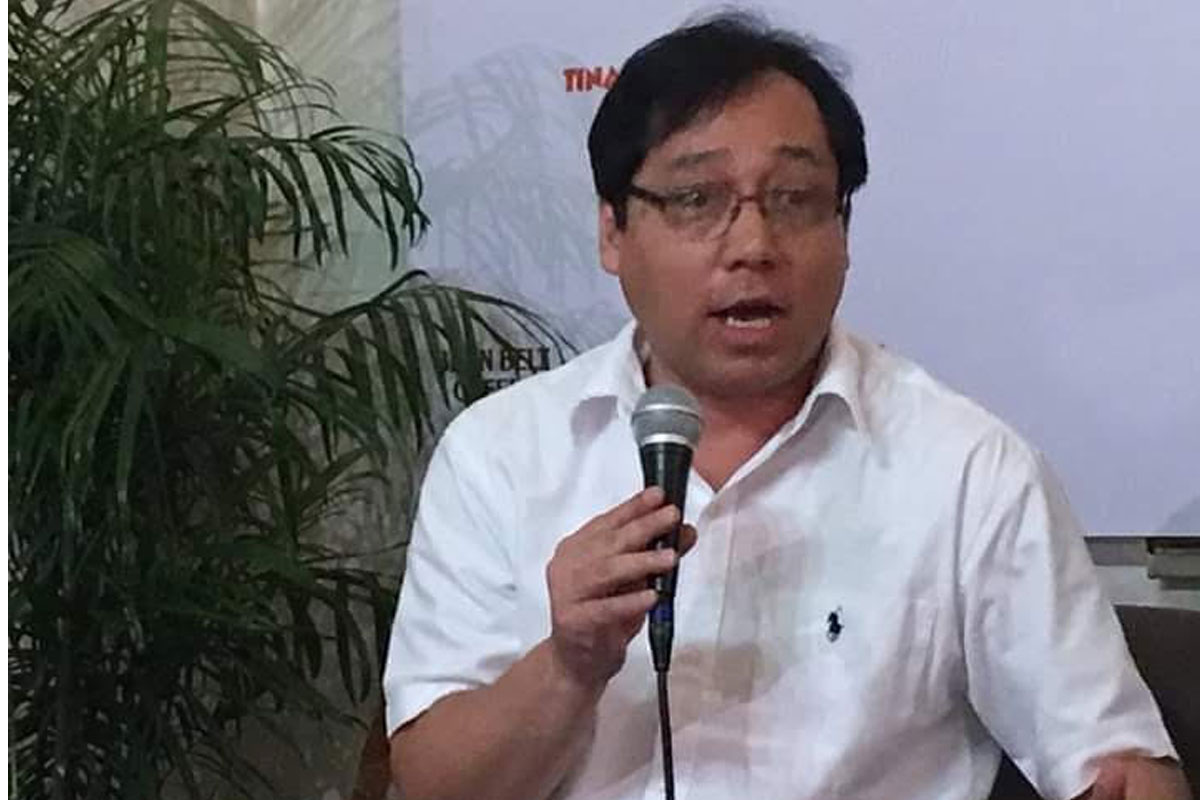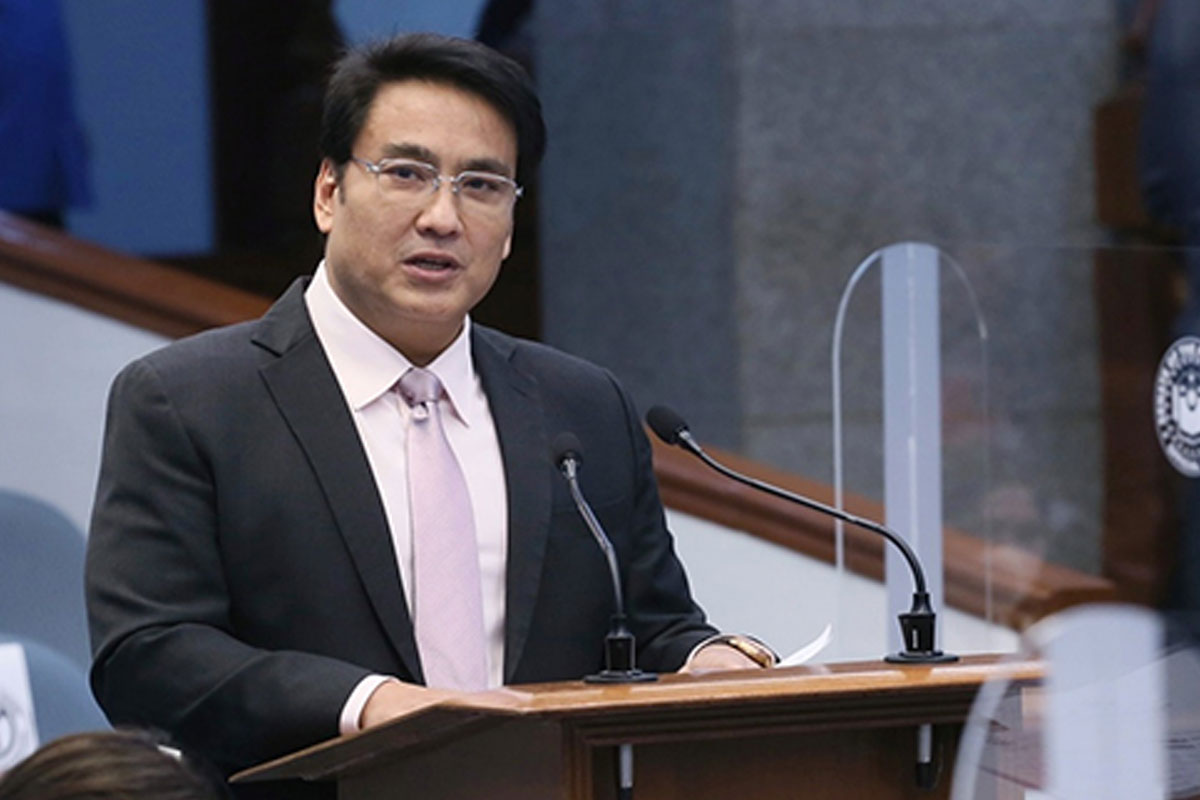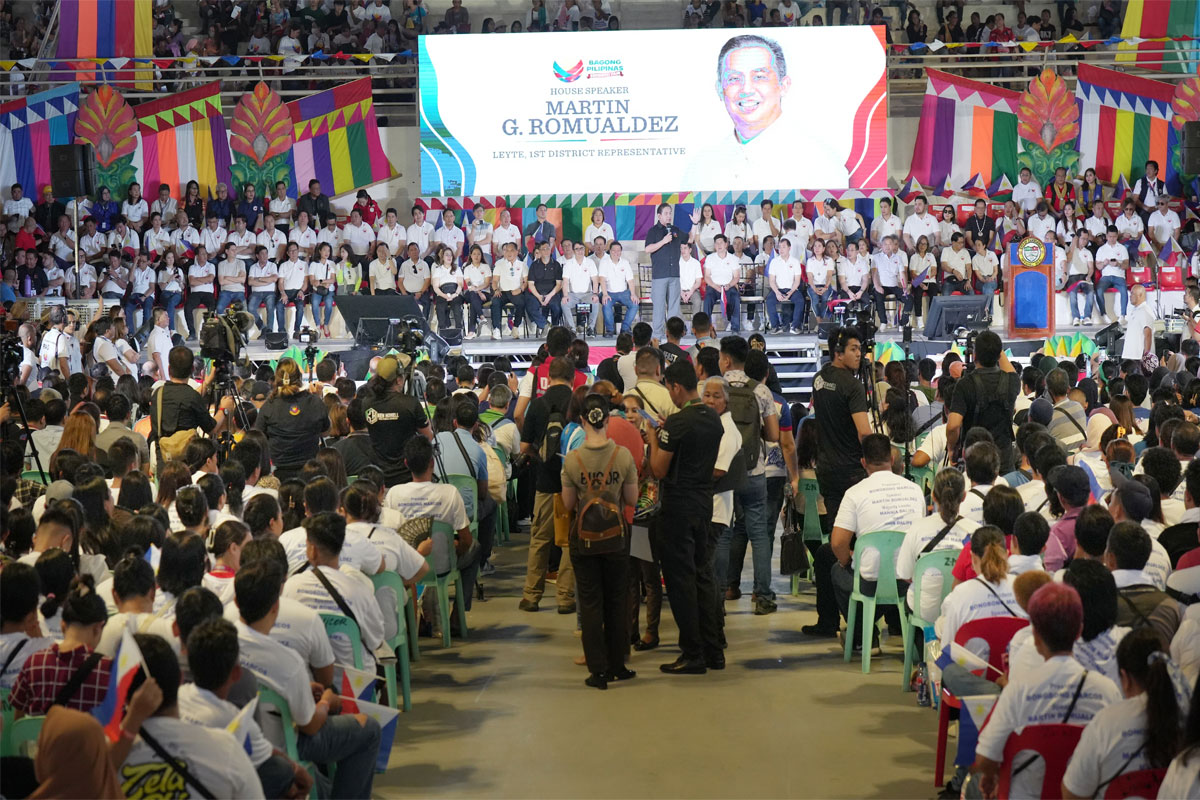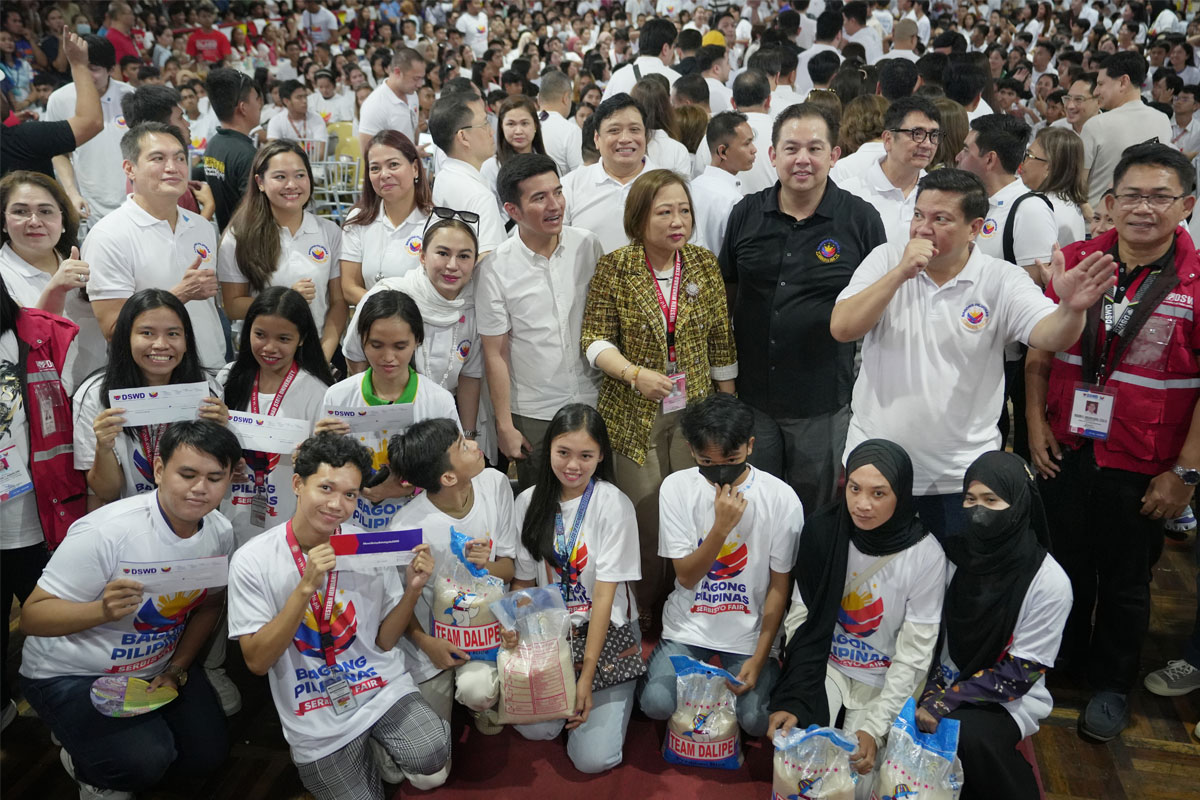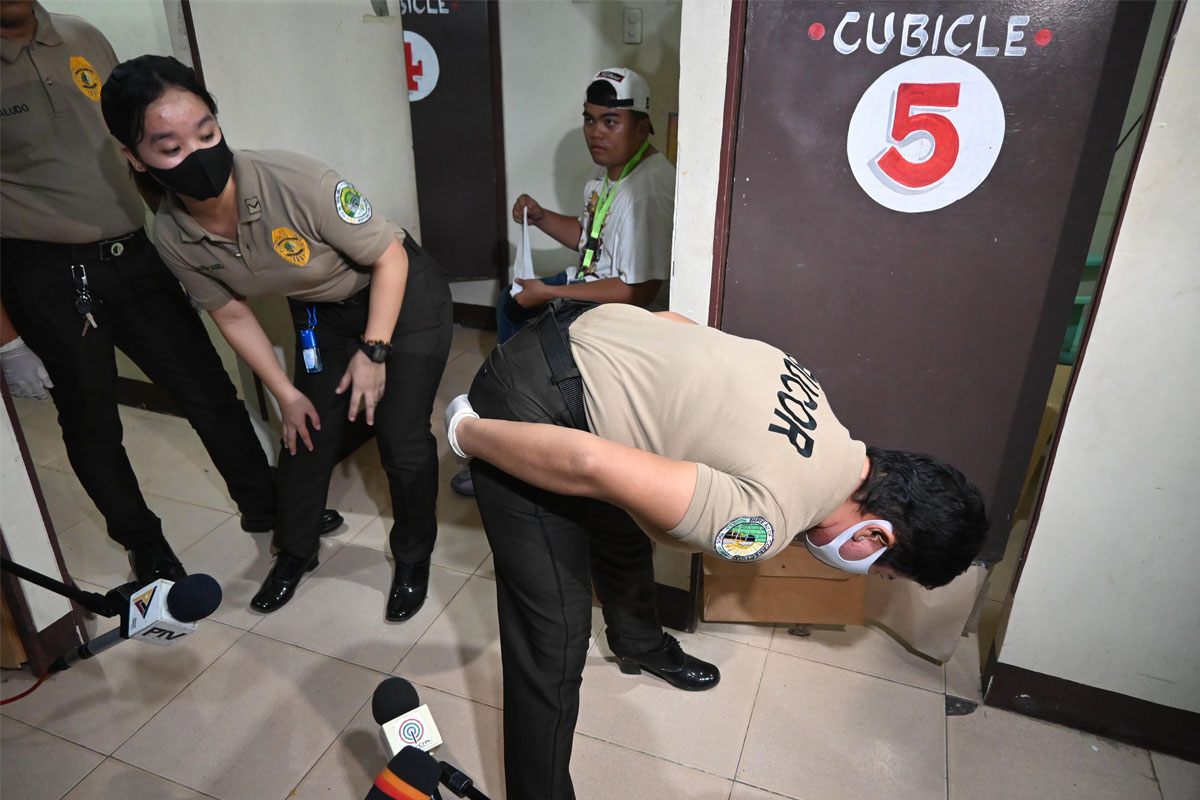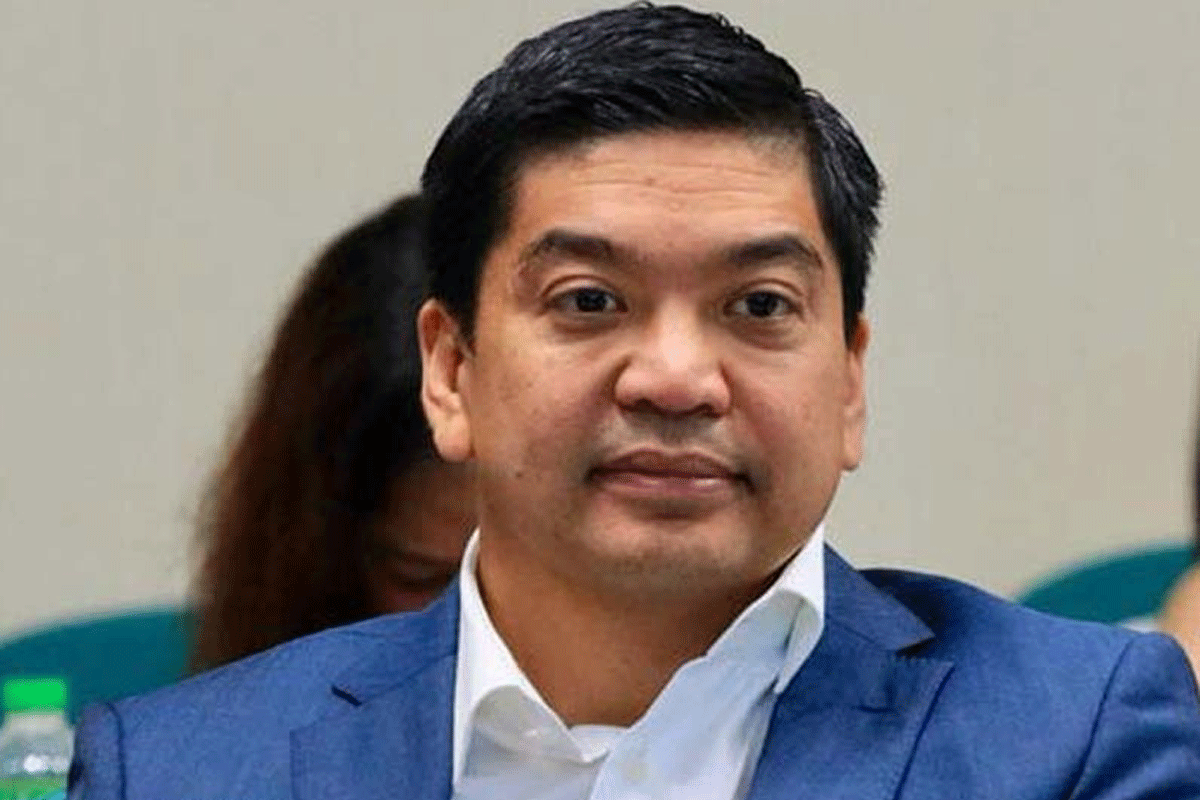
Swift passage of 10K Ayuda Bill pressed
WITH the House of Representatives back in hybrid session after the two-week strict lockdown, Camarines Sur Rep. LRay Villafuerte on Wednesday called for the swift passage of a separate 10K Ayuda bill that seeks to grant a subsidy of P10,000 each for low-income Filipino households as a way to spur growth in the fourth quarter by boosting domestic consumption, which accounts for more than two-thirds of the domestic economy.
Villafuerte said this ayuda proposal, which should be taken up as a stand-alone measure separate from the Bayanihan 3 bill being pushed by the House leadership, will fire up consumer spending or private consumption, which, according to our economic managers, accounts for 70 percent of the country’s gross domestic product (GDP).
“Several assessments done by independent groups have doubted the Philippines’ ability to mount an early and strong recovery within the year, primarily because of what they assessed to be the inadequate stimulus measures that the government has rolled out from the time the pandemic struck early last year,” Villafuerte said.
“We have given enough stimulus to businesses through the CREATE (Corporate Recovery and Tax Incentives for Enterprises) law, but what about the households that will consume the goods and services that they provide? How can individuals and households avail of the goods and services provided by these businesses if they do not have money to buy them?”
Villafuerte co-authored the CREATE law, which the Duterte administration has billed as the government’s biggest stimulus package ever for businesses.
Villafuerte said the immediate solution lies in the reboot of the 10K Ayuda bill, which will provide instant financial aid to the families hardest hit by the pandemic.
Discussions on the ‘10K Ayuda’ bill, which was authored by former Speaker Alan Peter Cayetano, Villafuerte and the other members of the independent majority bloc BTS sa Kongreso, could be reopened at the committee level in the House of Representatives, said the Bicolano legislator.
Villafuerte, the former deputy speaker for finance, said Malacañang and the DBM could bankroll the ‘10K Ayuda’ bill from, among others, savings from, and cost-cutting measures by, government agencies; portions from the balance of the 2020 national budget whose effectivity had been extended to December 2021; and bigger dividend remittances from government-owned and -controlled corporations (GOCCs).
He pointed out that the IBON foundation has indirectly supported the BTS bloc’s call for the congressional approval of the 10K Ayuda bill, after the group said a one-time P10,000 ayuda should be given to the poorest 18 million families rather than the measly P1,000 cash grant per person or P4,000 per household handed out by the government in areas covered by the restored enhanced community quarantine (ECQ) across Metro Manila and other parts of the country buffeted by a new infection wave believed caused by the more contagious and deadlier Delta variant of the coronavirus.
IBON estimates that the poorest 70 percent of families or about 17.3 million people lost an average of P13,000 to P32,000 in the past 17 months of the pandemic.
The number of households without any savings also rose to 17.8 million, which means that seven in 10 are completely dependent on their daily earnings or debt, the group said.
Villafuerte also cited a Maybank study, which said economic recovery may be tough for the Philippines, considering that the government reduced its fiscal support to fight the pandemic and next year’s budget amounted to only 1.6 percent of GDP—the lowest in the region.
Moody’s Analytics also said the country’s growth in the second quarter was “disappointing,” bolstering their view that the Philippines will be among the last countries in the region to recover economically.
Villafuerte said although the government has speeded up the pace of the vaccine rollout with about 12.6 million individuals fully vaccinated, supply problems may continue owing to slow vaccine production worldwide and the terms set by Big Pharma manufacturers.
In response to reports that the government was sitting on a pile of unsigned applications to import vaccines from 42 local governments and about 300 private companies, Secretary Carlito Galvez Jr., the country’s vaccine czar, said the problem is not about funding because the national government has more than enough money. The problem is the limited supply of vaccines in the world market, he said.
As a result, some local government units (LGUs) have deferred, in the meantime, signing tripartite deals for COVID-19 vaccine supply.
“Business and consumer confidence will remain low if these problems persist, even if the economic managers have already declared that the government can inoculate 100 hundred percent of the country’s population by this year and that minors aged 12 to 17 years old may start to get vaccinated in the next few months,” Villafuerte said.
The lead author in the House of both the Bayanihan 1 and Bayanihan 2 laws, Villafuerte said the House leadership needs to thoroughly discuss the ‘10K Ayuda’ bill with the President’s economic team to ensure adequate sources of funding for the measure, and also with supportive senators to work out a version that would eventually win Senate approval.
Villafuerte was also a principal author of Republic Act (RA) 11519 that extended the validity of Bayanihan 2 up to June 30 and RA 11520 that stretched the effectivity of the remaining funds under the 2021 national budget until December 31, 2021.



